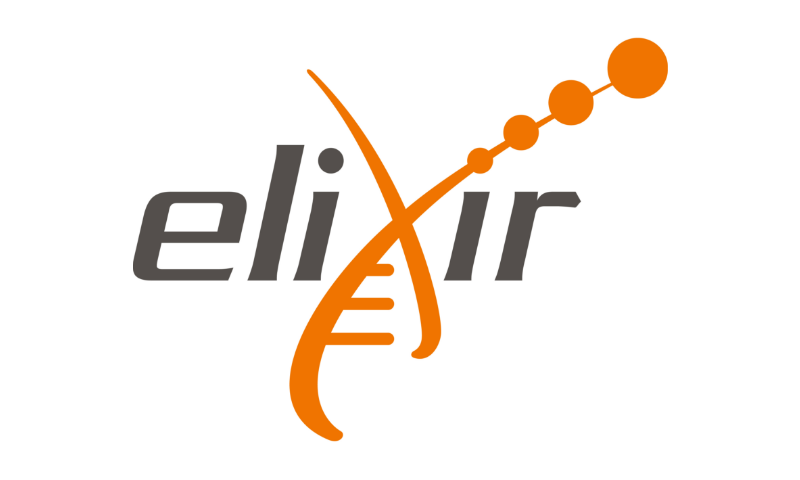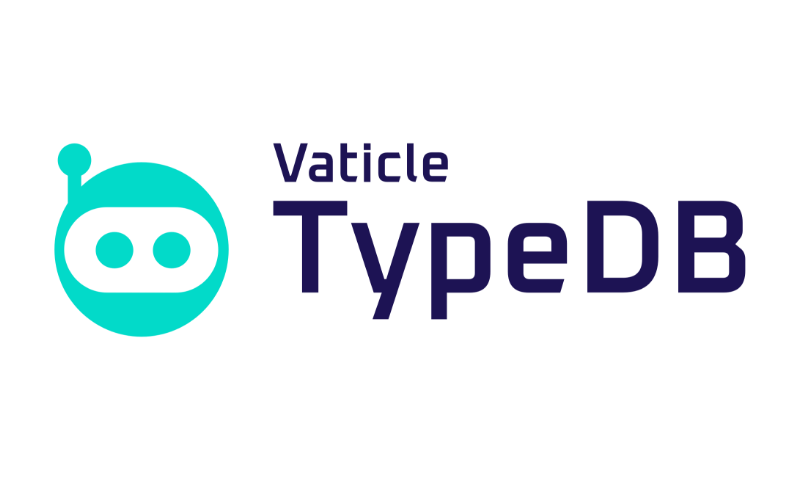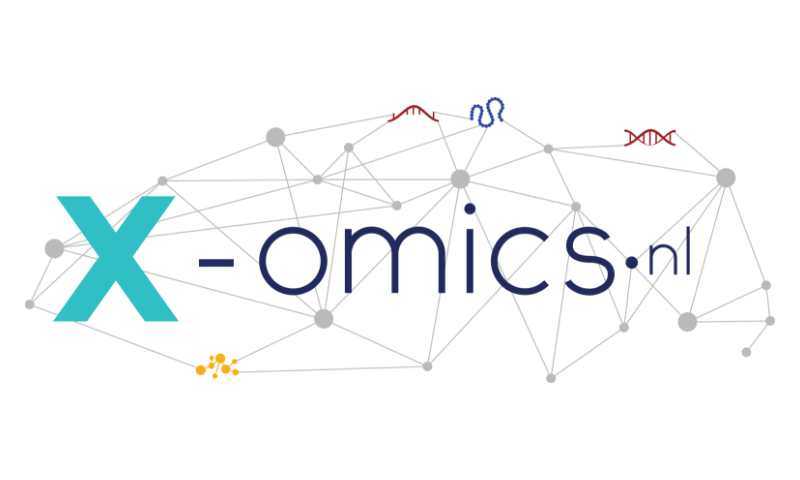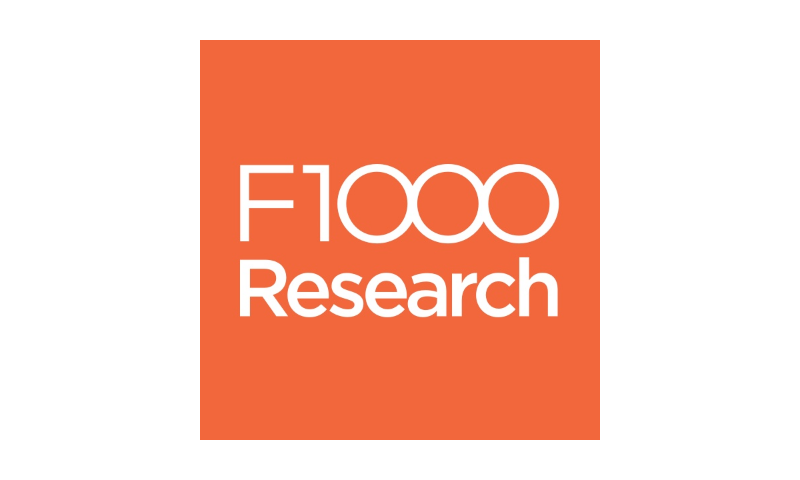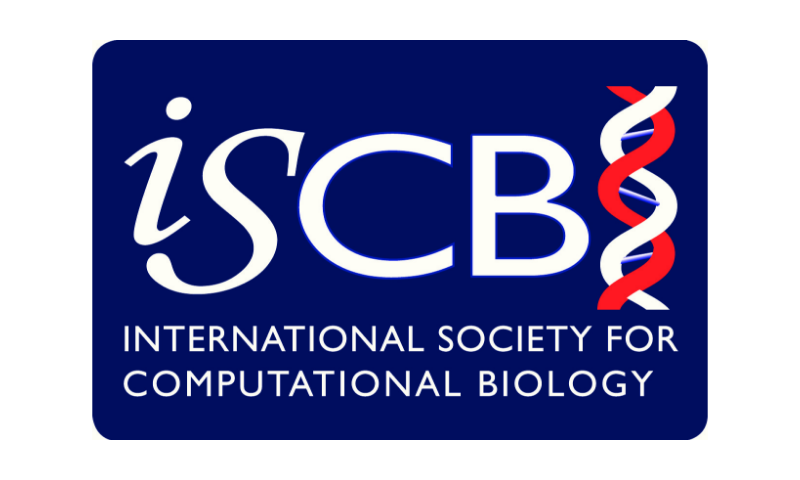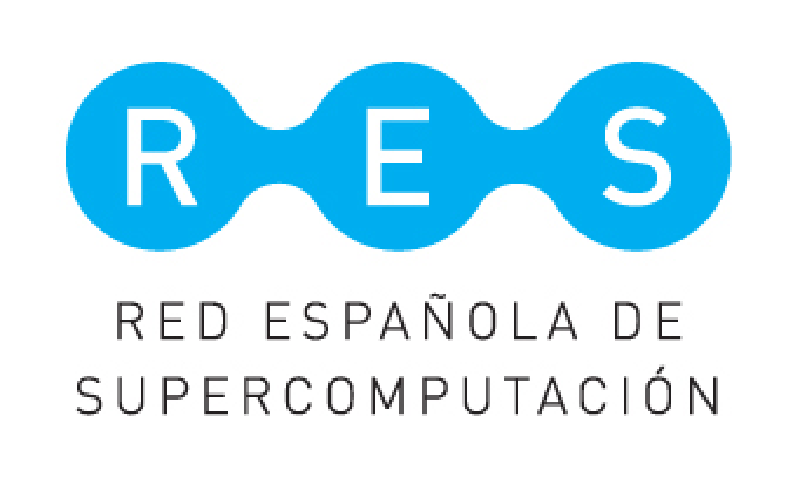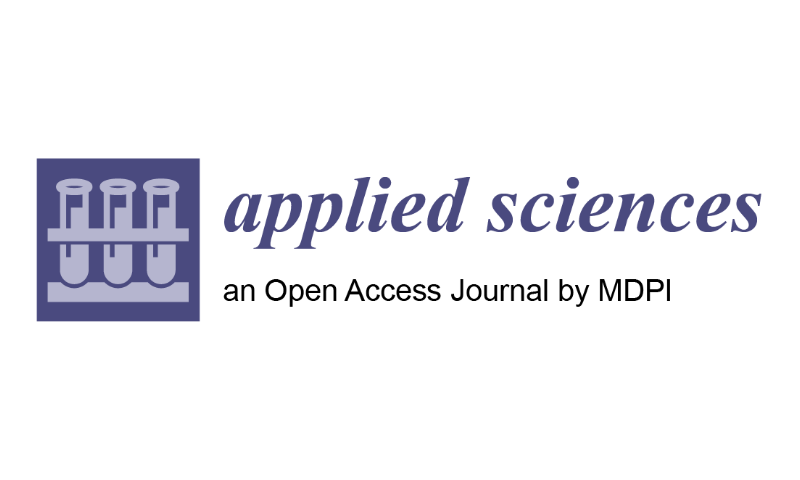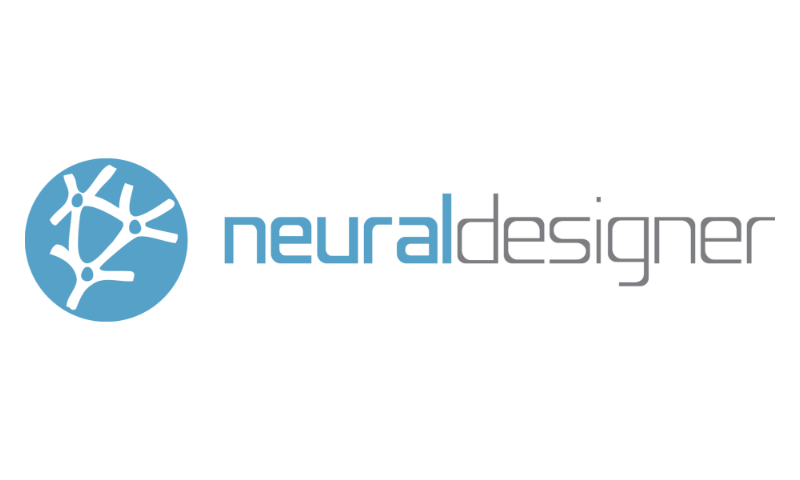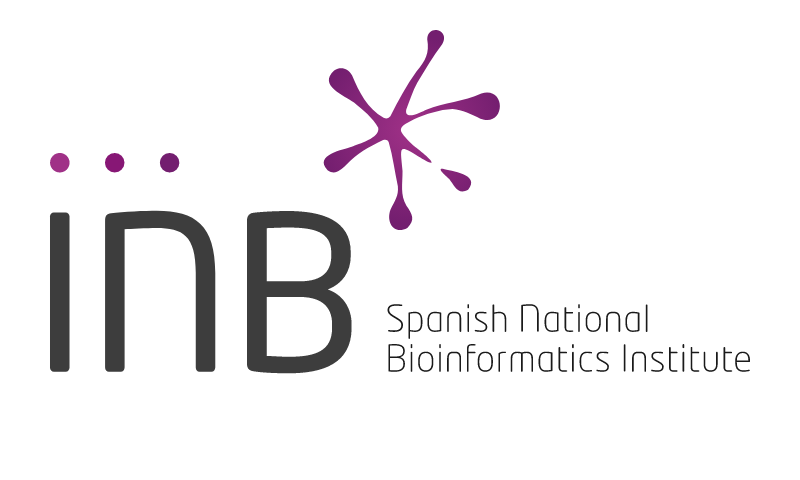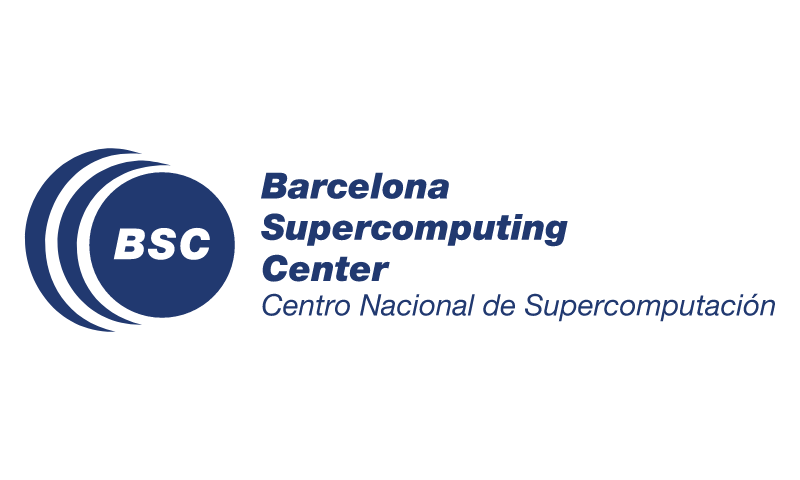Floorplan
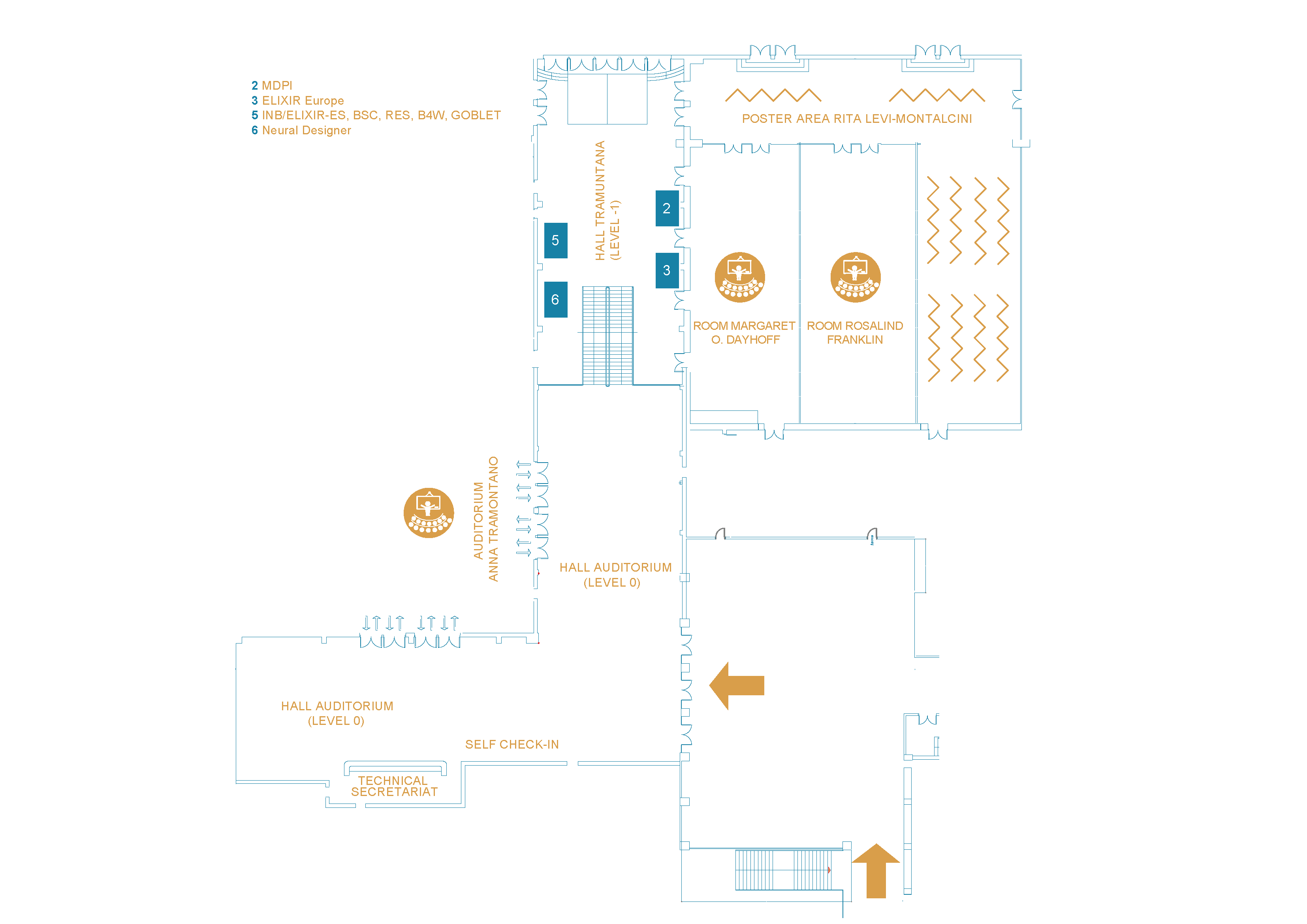
IBM Research Europe
Technical Leader of Systems Biology at IBM Research Europe (Switzerland), associated member of the Department of Biology at ETH and editor for ImmunoInformatics and Frontiers in Systems Biology.
Tuesday, 20 Sept. | 09:00 – 10:00h
In recent years, deep learning models have resulted in outstanding breakthrough performances. However, many models behave as black boxes that can hide data biases, incorrect hypotheses or even software errors. In this talk, I will illustrate how interpretable deep learning models can achieve both high prediction accuracy and transparency.
First, I will introduce multi-modal deep learning models that predict drug response while highlighting the genetic and chemical patterns that were more informative to make a prediction. I will also discuss how reinforcement learning approaches can facilitate the early phases of drug discovery and support the personalised design of new candidate compounds.
Focusing next on T cell-based immunotherapies, I will present a model to predict the binding of T cell receptors and epitopes. This model can be coupled with an easy-to-use interpretable pipeline to extract the binding rules governing the T cell binding. These approaches are a first step towards the design and engineering of receptors of improved affinity.
Finally, I will discuss how the integration of AI and mechanistic models is necessary to tackle many current computational challenges and enable the personalized design of new therapeutic interventions.
ICREA-IMIM, Barcelona, ICREA Research Professor
Wednesday, 21 Sept | 11:30 – 12:30h
Research in recent years has uncovered the existence of a large non-canonical proteome that mostly consists of proteins smaller than 100 amino acids. In humans alone, thousands of non-canonical proteins have been discovered using ribosome profiling and proteomics techniques. These proteins are translated from alternative open reading frames or from regions previously believed to be non-coding, such as long non-coding RNAs (lncRNAs) and untranslated regions (UTRs). A subset of the small proteins show strong phylogenetic conservation and are involved in fundamental cellular functions. Another large fraction is species- or lineage-specific, and represents a much more rapidly evolving part of the proteome than remains poorly characterized. Using studies in yeast, we provide evidence that these proteins are important for short evolutionary time scale adaptations.
We also show that they can provide plenty of raw material for de novo gene birth, a process by which proteins with completely new sequences emerge from previously non-coding parts of the genome.
Raul Rabadan is the Gerald and Janet Carrus Professor in the Departments of Systems Biology, Biomedical Informatics and Surgery at Columbia University. He is the director of the Program for Mathematical Genomics at Columbia University and he was the Director of the NCI Center for Topology of Cancer Evolution and Heterogeneity at Columbia University (2015-2021). From 2001 to 2003, Dr. Rabadan was a fellow at the Theoretical Physics Division at CERN, the European Organization for Nuclear Research, in Geneva, Switzerland. In 2003 he joined the Physics Group of the School of Natural Sciences at the Institute for Advanced Study. Previously, Dr. Rabadan was the Martin A. and Helen Chooljian Member at The Simons Center for Systems Biology at the Institute for Advanced Study in Princeton, New Jersey. He has been named one of Popular Science’s Brilliant 10 (2010), a Stewart Trust Fellow (2013), and he received the Harold and Golden Lamport Award at Columbia University (2014) and the Diz Pintado award (2018). Dr. Rabadan’s current interest focuses on uncovering patterns of evolution in biological systems through the lens of genomics. His recent interests include the development of mathematical approaches to uncover the evolution of cancer and infectious diseases, including topological data analysis and Random Matrix Theory, among others.
Monday, 19 Sept | 09:00 – 10:00h
At least 20% of all tumors in the world are linked to pathogens. Viral related tumors present very unique characteristics including unusual age, sex and geographical distributions. For instance some of these tumors like Burkitt Lymphomas occur commonly in young kids in Africa but not in other parts of the world. Others in some populations in South America and Japan. As more genomic studies illuminate the distinct mutational spectrum of these tumors some common patterns are emerging.
CSE Department, INESC-ID/IST Technical University of Lisbon (Portugal)
Senior research member (PI) at the Information and Decision Support Systems Group/INESC-ID
Monday, 19 Sept. | 16:30 – 17:30h
Like in many other industries, the healthcare sector routinely generates vast amounts of data from many different sources ranging from biochemical exams, electronic medical records, vital signs, patient-reported outcomes, health surveys, clinical trials, insurance claims, administrative data, and more recently omics. These days, large volumes of data associated with the new technologies of artificial intelligence are promising to create the foundations for a new paradigm of medicine focused on the individuality of each person.
In this talk I will discuss different approaches that are being tested in EU hospitals with the goal to transform healthcare from reactive disease care to care that is patient or person-centered and focused on disease prevention. A special focus will be given to the use of polygenic risk scoring models in the implementation of genetic panels that can support health professionals in disease prevention. Additionally, I will discuss how the field of pharmacogenomics is being able to make its way from research to clinical practice, which could become, in the short term, the first pillar of the democratization of preventive and personalized medicine.
Since artificial intelligence is becoming a disruptive technology in the healthcare sector, it is also crucial to address the ethical and legal challenges imposed by this new technological advance.
Cesar Hidalgo directs the Center for Collective Learning at ANITI, University of Toulouse. He directed the Collective Learning group at MIT, holds a PhD in Physics from the University of Notre Dame, and is the author of dozens of papers & three books.
Sunday, 18 Sept. | 18:30 – 19:30h
How would you feel about losing your job to a machine? How about a tsunami alert system that fails? Would you react differently to acts of discrimination performed by a machine or a human? How about public surveillance? How Humans Judge Machines compares people’s reactions to actions performed by humans and machines. Using data collected in dozens of experiments, this book reveals the biases that permeate human-machine interactions. Are there conditions in which we judge machines unfairly? Is our judgment of machines affected by the moral dimensions of a scenario? Is our judgment of machines correlated with demographic factors, such as education or gender?
Hidalgo and colleagues use hard science to take on these pressing technological questions. Using randomized experiments, they create revealing counterfactuals and build statistical models to explain how people judge A.I. and whether we do it fairly or not. Through original research, they bring us one step closer to understanding the ethical consequences of artificial intelligence. How Humans Judge Machines can be read for free at https://www.
Dr Graciela Gonzalez-Hernandez is Vice Chair for Research and Education in the new Department of Computational Biomedicine at Cedars-Sinai Medical Center. Cedars-Sinai is a research hospital in Beverly Hills, California ranked #1 in California and #2 in the nation by US News and World Reports in 2022. Prior to joining Cedars-Sinai in May 2022, Dr Gonzalez-Hernandez was an Associate Professor of Informatics in the Department of Biostatistics, Epidemiology and Informatics (DBEI) of the Perelman School of Medicine, University of Pennsylvania. She transferred her Health Language Processing (HLP) Lab to Cedars-Sinai, which focuses on natural language processing (NLP) and machine learning for knowledge discovery, extracting unstructured information from clinical records, journal articles, and social media postings to elucidate data patterns, trends, and relationships that can aid the discovery process in areas such as pharmacoepidemiology, clinical research, or public health monitoring and surveillance.
Tuesday, 20 Sept | 16:30 – 17:30h
The use of Real World Data (RWD) such as social media or electronic health record data for large-scale epidemiological studies presents many challenges. From identifying the right cohort and reducing bias to finding key patterns or unique data points, RWD can be very valuable but is sometimes misused and frowned upon for “serious” studies. Systematic methods and validated approaches are necessary to turn ‘real world data’ into ‘real world evidence.
